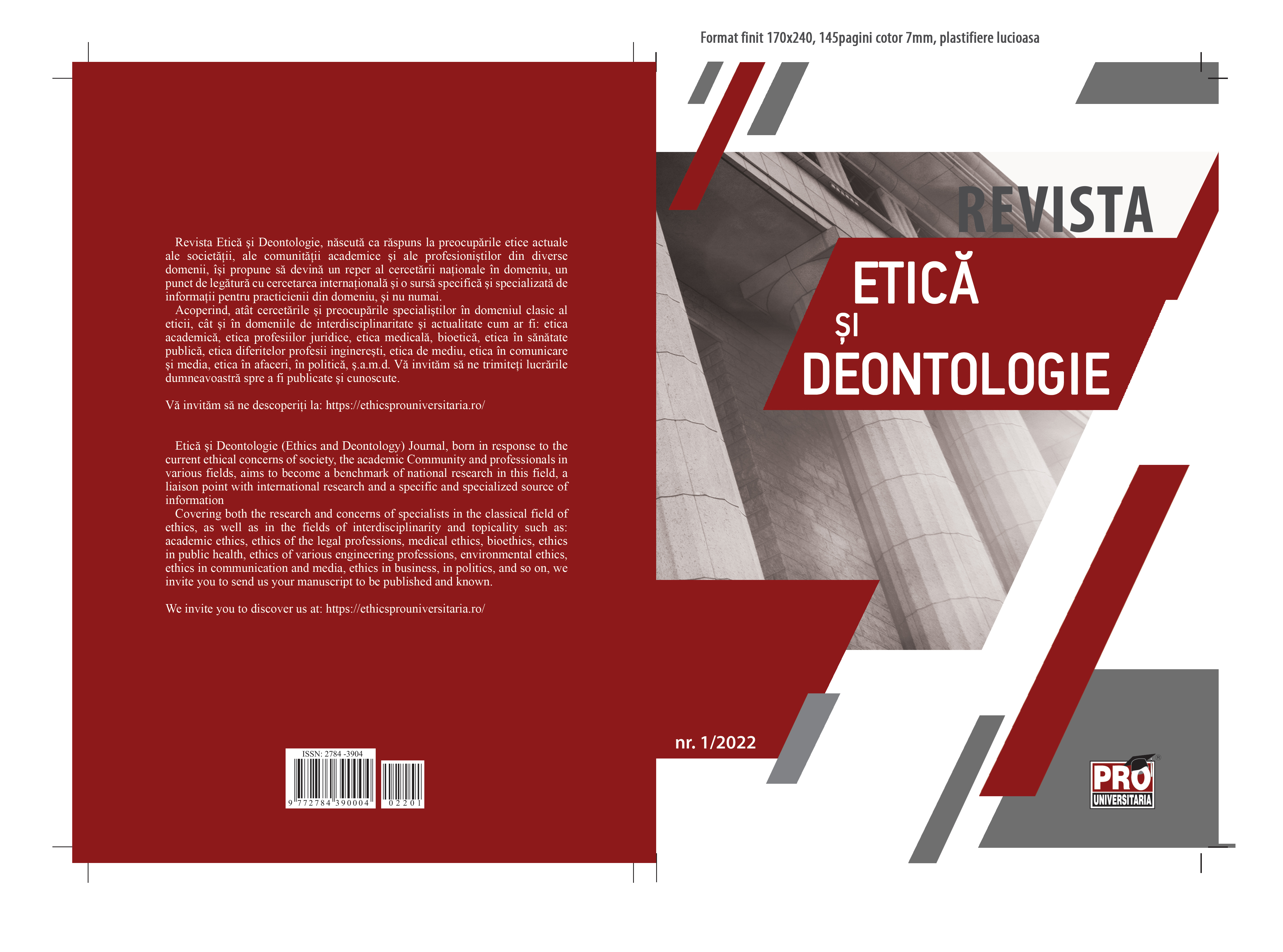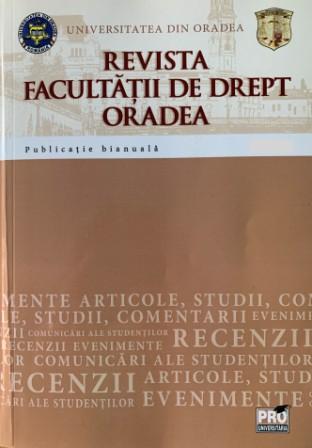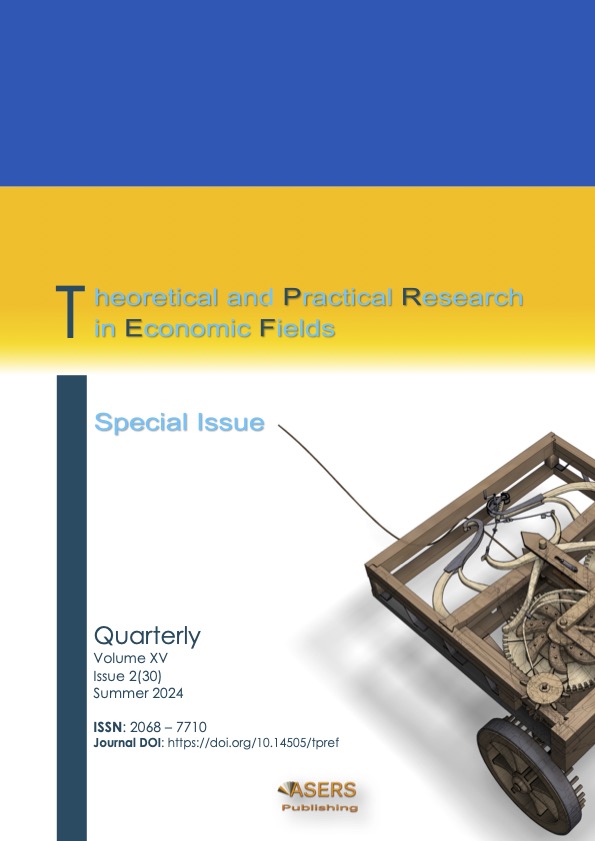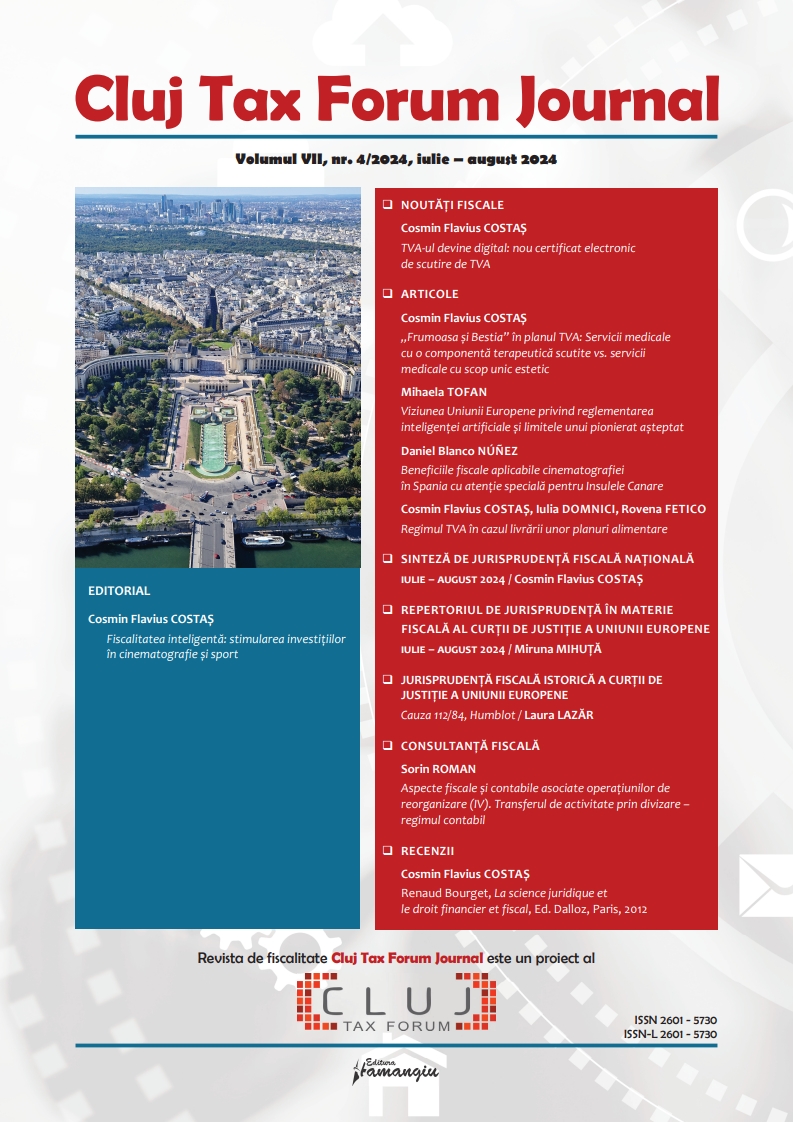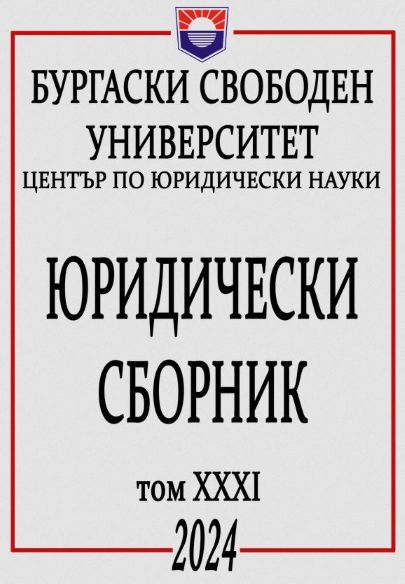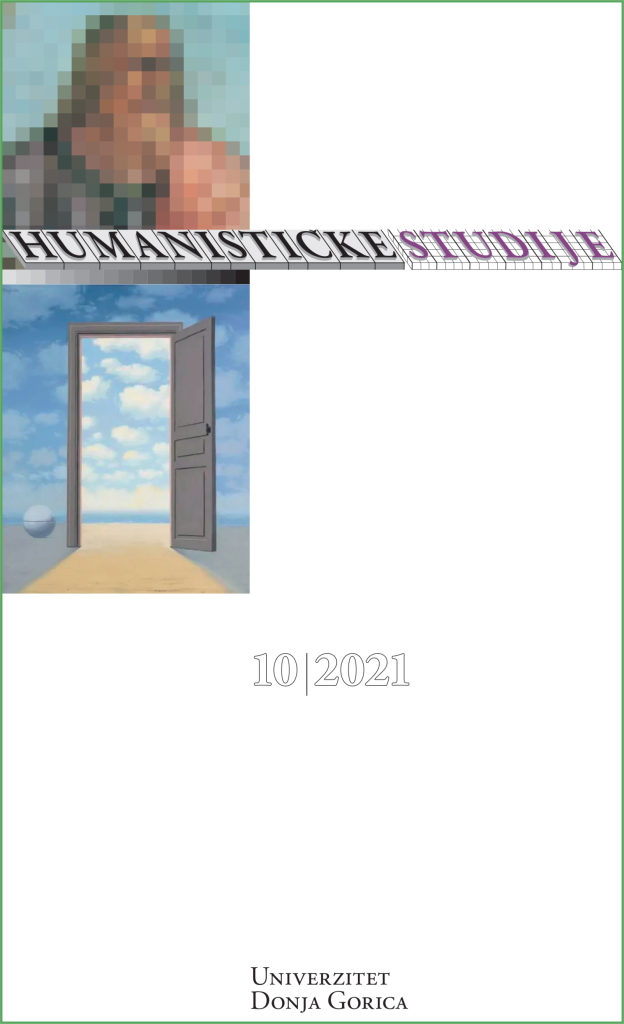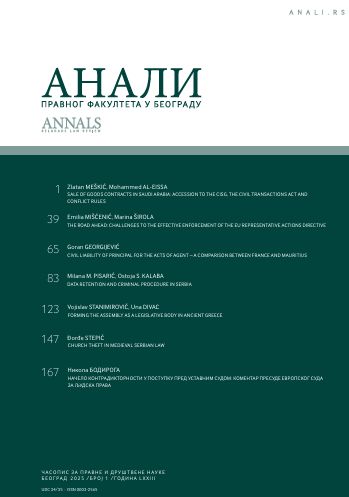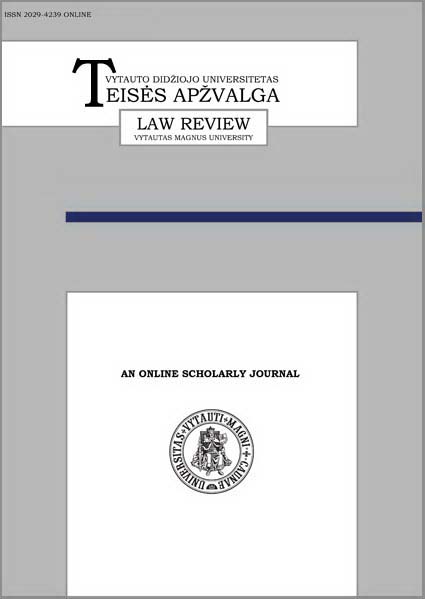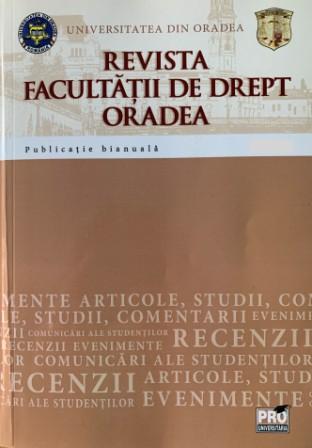
Între mobilitate, delegare şi detaşare transnaţională a lucrătorilor
Globalization, as well as, perhaps more relevant for the purpose of this study, the existence of the internal market, based on the four fundamental freedoms, i.e. freedom of movement of goods, capital, services and people, services have fostered un unprecedented mobility within the European Union space. From a social law standpoint, the simultaneous exercise of these freedoms, especially the free movement of services and workers, lead to the need of adopting a normative framework able to ensure both the effectiveness of such liberties (e.g.: rules on the coordination of social security systems, with the purpose of ensuring the exercise of the free movement of persons), as well as their conciliation (e.g.: rules on the posting of workers in the framework of transnational provision of services). The legal framework mentioned above overlapped a number of domestic pieces of legislation, which were not amended accordingly, in view of ensuring a coherent application thereof with EU legislation/transposing acts. The lack of legislative coherence under the domestic legal order, sometimes doubled by the lack of precision in defining the scope of EU social law, lead in practice to abuses, by circumventing the ratio legis and the subordination of the right to social protection to economic interests. This paper aims to analyze, by reference to examples, the manner in which a number of institutions regulated under domestic legislation, namely mobility, assignment and posting of workers in the framework of transnational provision of services, are misinterpreted and misapplied, as well as the consequences associated with such interpretation, in relation to aspects such as the law applicable to the employment relations, the law applicable in the social security field, as well as the effects that EU and domestic law associates to the framing of different hypothesis in various mobility structures. The article proposes a number of rules in order to enable a clear demarcation between the abovementioned institutions and, consequently, the mitigation of potential abuses.
More...
